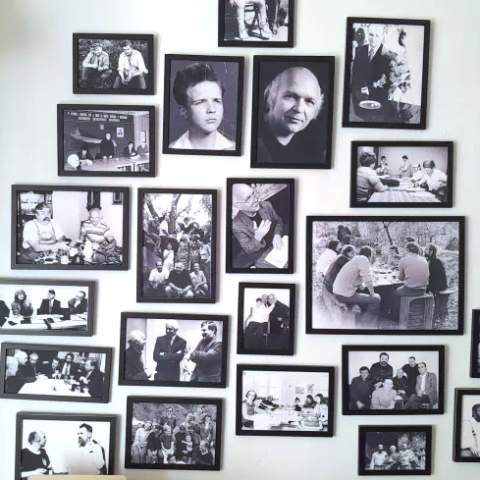
Regarding Hungarian literature in Slovakia, there exists a debate among literary scholars concerning the classification of this body of work. Some argue for the existence of "Slovak Hungarian literature," emphasizing the unique themes and characteristics found within the Hungarian community in Slovakia. They contend that the specific experiences of this minority group are reflected in their literature, setting it apart from Hungarian literature in general. On the other hand, proponents of a "unified Hungarian literature" perspective assert that there is only one Hungarian language, thus there should be only one type of Hungarian literature, irrespective of national borders.
The emergence of Hungarian literature in (Czecho) Slovakia coincided with the establishment of Czechoslovakia. Notable authors during the first Czechoslovak Republic, such as Dezső Győry, highlighted the role and mission of Hungarians within the broader Hungarian community. However, following World War II, literature began to address themes of collective guilt and deprivation of rights, exemplified in works by writers like Zoltán Fábry and László Dobos.
Literature in the subsequent era of the Second Czechoslovak Republic was influenced by communist ideology, leading to restrictions on topics and creative expression. Despite these limitations, new generations of poets and writers emerged among the Hungarians in Slovakia, introducing fresh themes, forms, and styles to the literary landscape. Noteworthy figures include Lajos Grendel, known for his contributions to postmodern literature, which often depicted the everyday life and challenges faced by Hungarians in Slovakia. Writers such as Lajos Grendel, Árpád Tőzsér, László Dobos, and Gyula Duba have been honoured with the prestigious Hungarian cultural award, the Kossuth Award, for their literary achievements. Today, Hungarian literature in Slovakia remains vibrant and dynamic, with numerous literary journals, societies, and book publishers actively contributing to its ongoing development and enrichment.
